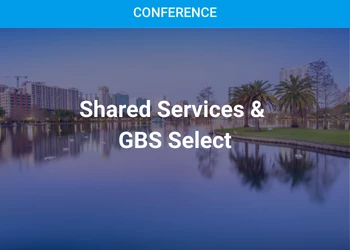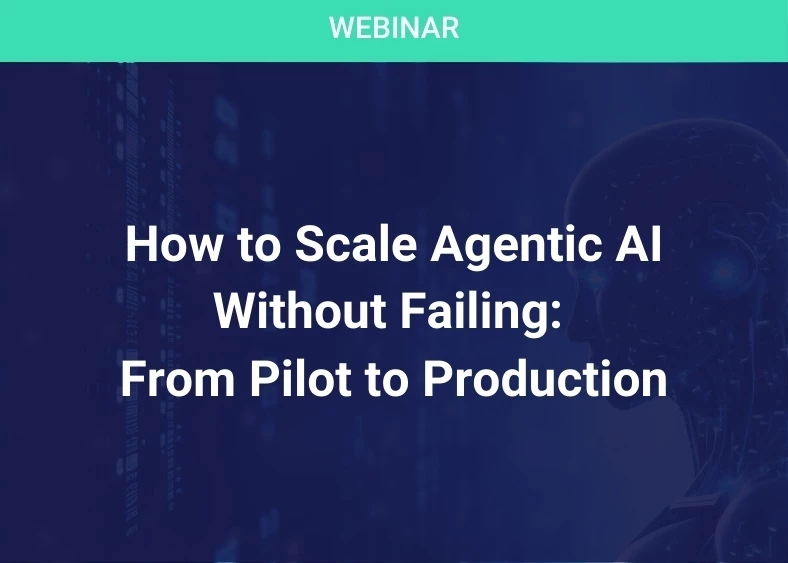Center of Excellence model drives value through robotics: Phillip Woodburn, VP Finance, GSS, Schneider Electric
Add bookmarkQ. Does Schneider Electric operate a Centre of Excellence model?
Philip Woodburn: We do. We are making a distinction between, decision support (or competency centres) and what we call transactional back. For example our Beijing centre is purely focussed on decision support, whereas our centres in Bangalore and Warsaw are upgrading to become the more specialised centres. We are also rebalancing a lot of the transactional work we do, to be located in our ‘Tier 2’ locations in India, for most of the world’s scope.
Q. What role does the CoE in Warsaw play? Are there advantages of being in Eastern Europe?
PW: We focus in the finance area on the three verticals (R2R, P2P and O2C). We are involved in classical financial transactions, however, we are upgrading our centre to be more focused on what we call the ‘transactional front’ as well as the analytics and problem resolution aspects of dealing with P2P and O2C, especially for those countries that require specific language support. The two main drivers in Eastern Europe are the cost advantage compared to the West, although it's still in the EU; and Poland (like other countries in the region) has developed a very strong language capability. Poland also has a strong education focus.
Q. The war for talent is a big obstacle in Eastern Europe. How do you retain talent?
PW: It starts with the branding of the business. We are very fortunate that the Schneider Electric brand is very well known in the country, and I would say globally, too. This helps us promote ourselves. If you mention the name Schneider Electric in Poland, locals will know we are very strong in the energy management space. People know our company very well. We supplemented that win a branding piece that promotes us, which highlights the fact that the company is a highly regarded shared services practitioner.
Q. The challenge is ‘how do you keep people?’
PW: We need to talent-spot early. We spend a lot of time on talent reviews, deciding on career paths of our top talent and promoting them through training programmes. For all employees we want to be very clear and set out a career path. We are proud to have a very strong employee engagement level in our shared services centres. We are also strong believers in well-being, so we have an important programme that focusses not just on how people work but how they balance their work and home life."
[inlinead]
Q. Is automation an opportunity or a threat?
PW: If you are somebody who has been engaged in basic financial processes it could be seen as a threat, as that work is going to move away. If we want to attract the best talent, the focus must be on the higher added-value positions. For graduates, it is more interesting to be involved in analytics than basic transactional work.
Q. What are you digitizing at Schnieder Electric?
PW: We have started in our IT organisation. In India I interacted with those involved in the robotics we are doing in our centre over there. We have a blueprint in finance and we intend to accelerate our move into digitization in the next couple of years. I also know that our colleagues in HR have also started to prototype some areas in robotics.
Q. Is the robotics revolution living up to the hype?
PW: It’s an interesting area. There are many people invested in this area, showcasing experiences. What we need to think about is where we want to digitize. We need to evaluate, in time, whether we are going to see the sort of financial payback in that kind of work that the industry is experiencing from automating large scale transactions.
Q. What is your biggest challenge working in the CoE in Eastern Europe?
PW: I would say it's being close to the business and making sure that the services we provide are staying relevant and are following the trends of the business world. In centres of excellence this is much more important than in the standard finance format. As the business world becomes more digitized and automated we need to make sure our people are knowledgeable about those trends because they have a direct impact on how we are going to process the financial data that supports the business.
Q. What do you think will impact your business the most in the next year?
PW: Dividing up our centres is important, if we look at the economic values of our centres today. We have regions such as Eastern Europe, which have a small but highly skilled workforce, whereas in India there is a market of 3.5 million people compared to 125,000 in Poland. This means you have to be more selective in the types of roles that you can have in different centres. This is why a lot of companies are moving upscale to higher-value financial work, and we are seeing a lot of the basic financial work moving to Asia. The second trend is the rise of automation and digitisation in financial processes. Our company is no exception. We’ve traditionally done a lot of work in the P2P space using automation tools, but we are upscaling in the other finance process verticals. We’re doing this to help us be more efficient in the way that we work, but also to improve the quality of the work we are doing.
[inlinead]

















